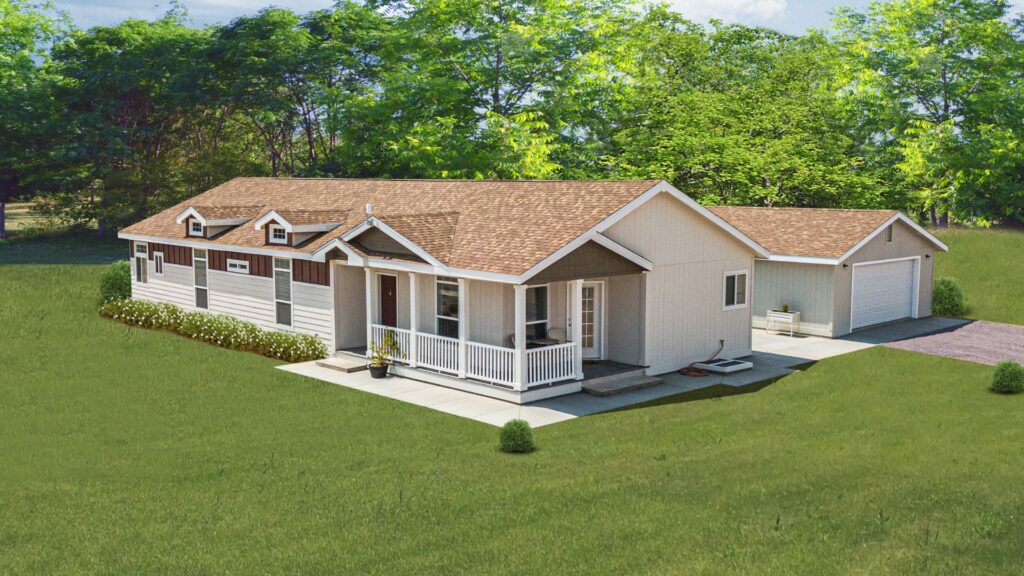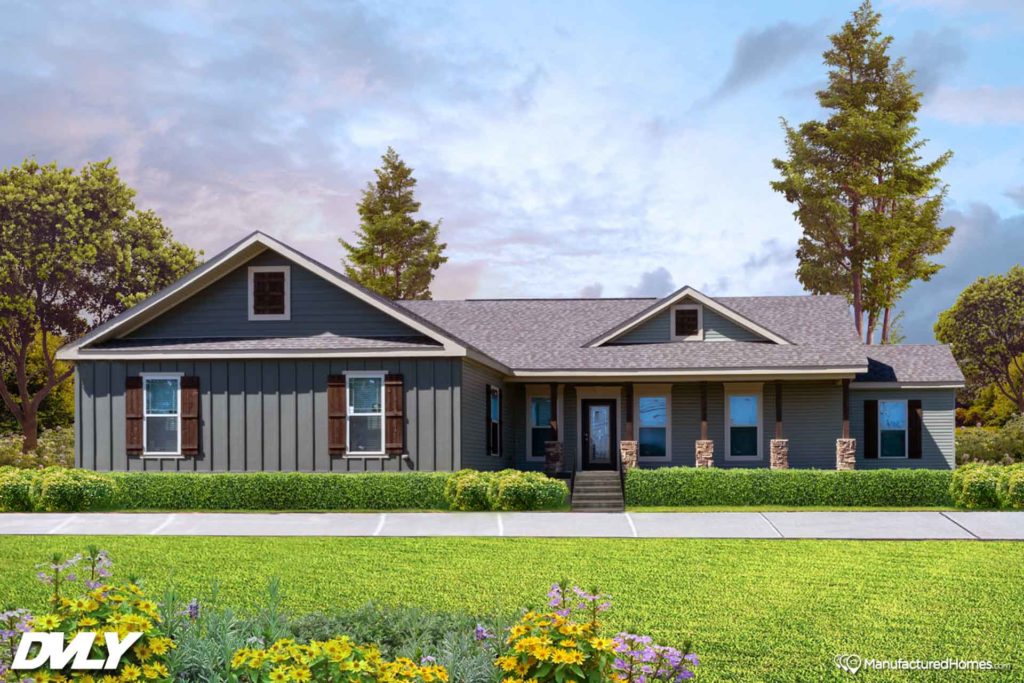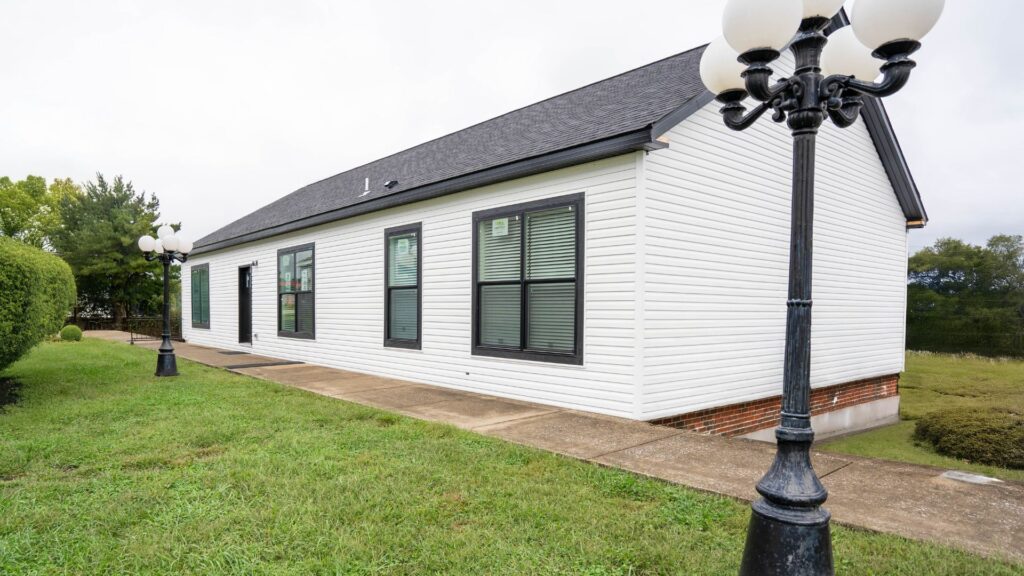The modular home industry is rapidly gaining popularity as more people seek flexible, efficient, and affordable housing solutions. However, with this growth comes the critical importance of ensuring that each modular module meets the highest standards of safety and quality. Inspections play a vital role in this process, acting as the quality control checkpoints that can mean the difference between a dream home and a potential nightmare.
Understanding the significance of inspections in the modular home building process is essential for both builders and buyers alike. From structural integrity to compliance with building codes, inspections safeguard your investment and ensure a smoother transition into your new home. Whether you’re embarking on your modular home journey or are a seasoned builder, it’s crucial to recognize the pivotal role inspections play in enhancing the safety, reliability, and quality of your modular home.
Safety Assurance
Ensuring the safety of a modular home begins with comprehensive inspections performed during the manufacturing process. Safety assurance involves evaluating structural integrity, electrical and plumbing systems, and essential safety features such as smoke detectors and fire exits. Since modular homes are constructed off-site, potential risks associated with transportation and assembly at the final destination also come into play. Inspectors thoroughly assess the following aspects to guarantee safety:
- Structural Stability: Inspectors evaluate materials and construction methods to ensure they meet industry standards. This includes checking the foundation, framing, and roofing systems to withstand environmental factors, such as wind and snow loads.
- Electrical Systems: The wiring and electrical systems of a modular home are assessed to confirm compliance with the National Electrical Code (NEC). Inspectors look for proper grounding, circuit configurations, and adherence to safety standards to prevent electrical hazards.
- Plumbing Integrity: Plumbing inspections focus on the quality of pipes, fittings, and appliances. Inspectors verify that materials resist corrosion and that water pressure is maintained, which are vital for longevity and efficient water systems.
Quality Control
Quality control measures are paramount in the modular home inspection process, as they ensure that the home meets the homeowner’s expectations and industry standards. The inspection process assesses both the craftsmanship and the materials used in the construction of modular homes. Below are the key components involved in maintaining exemplary quality control:
- Material Quality: Inspectors check the source and authenticity of materials used, making sure they meet specified grades and standards. This involves examining everything from insulation to exterior finishes, ensuring durability and energy efficiency.
- Workmanship: The quality of construction is observed closely. Inspectors assess the skill level of the assembly and installation, looking for any signs of poor workmanship, such as misaligned fixtures or uneven surfaces. A thorough inspection ensures that the aesthetic and functional aspects of the home are up to par.
- System Functions: Ensuring that all systems function correctly is a vital aspect of quality control. Inspectors evaluate heating, ventilation, and air conditioning (HVAC) systems for efficiency and effectiveness, and check that all appliances work as intended. This step is critical for long-term homeowner satisfaction.
- Code Compliance: Each modular home must meet the local building codes to ensure it is safe for occupancy. Inspectors review plans and construction practices to ensure that everything complies with relevant regulations. This proactive approach minimizes the possibility of future legal issues or costly retrofits.
Documentation and Reporting
Documentation plays a significant role in the modular home inspection process. Inspectors maintain detailed records throughout the inspection, which serves multiple purposes:
- Transparency: A well-documented inspection report provides transparency for both the builder and the homeowner. It outlines what has been evaluated, the condition of various components,
- Transparency: A well-documented inspection report provides transparency for both the builder and the homeowner. It outlines what has been evaluated, the condition of various components, and any issues that were identified during the inspection. This clarity helps foster trust between parties, allowing for constructive conversations about necessary repairs or modifications.
- Future Reference: The inspection report becomes an essential document for future reference. Homeowners can use these records to monitor the condition of their home over time, especially when planning future renovations or maintenance. It can also be helpful when the homeowner decides to sell the modular home, as potential buyers may request documentation of past inspections.
- Regulatory Compliance: In many cases, local or state regulations require a formal inspection report before a modular home can be occupied or sold. These documents demonstrate compliance with safety standards and building codes. Should any disputes arise, a comprehensive inspection report may serve as legally binding proof of the home’s condition at the time of inspection.
- Recommendations for Improvements: Beyond simply reporting issues, inspectors often provide recommendations for repairs, maintenance, or upgrades. These expert suggestions help homeowners prioritize their next steps, ensuring that any safety concerns are addressed promptly and efficiently.
Get Started Today
If you’re interested in learning more about modular homes, contact Family Dream Homes. We’re here to help with any questions you may have!



